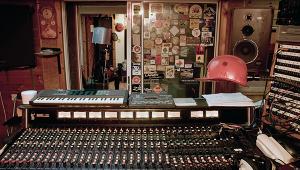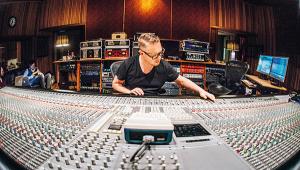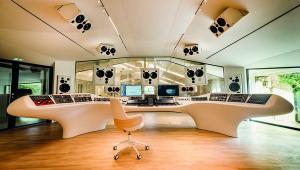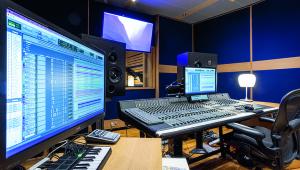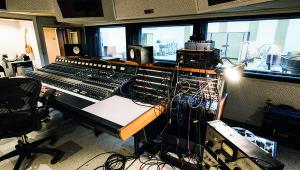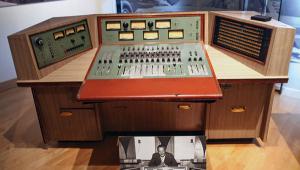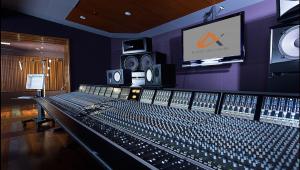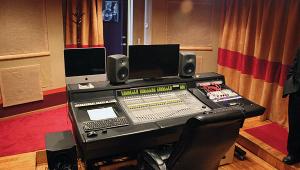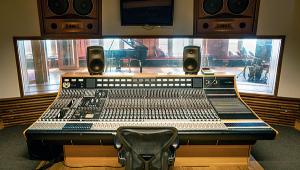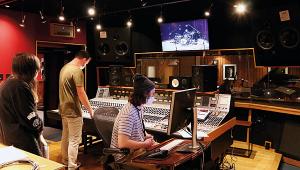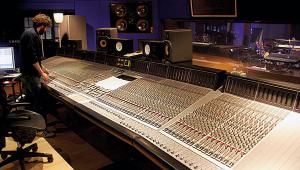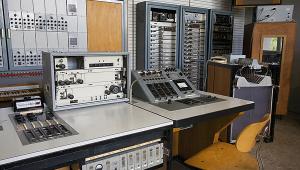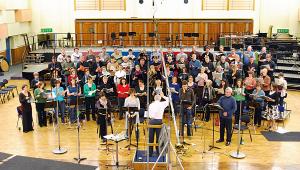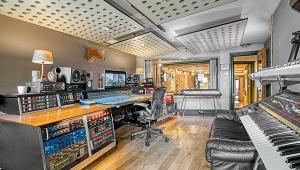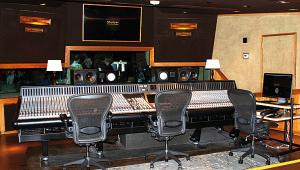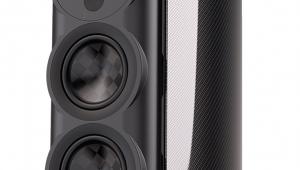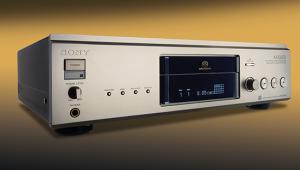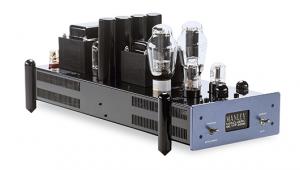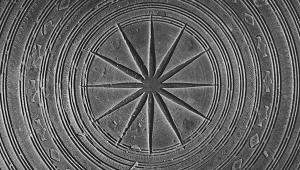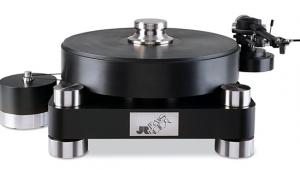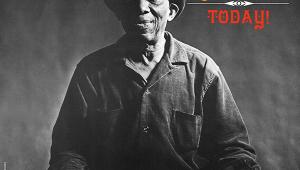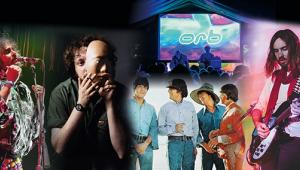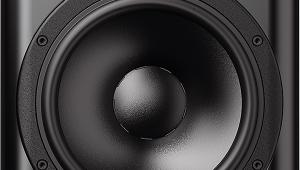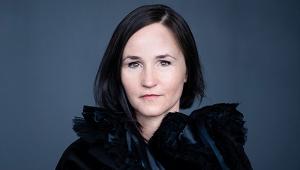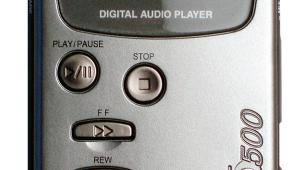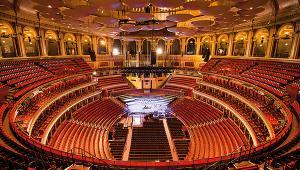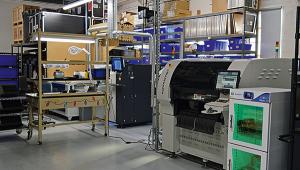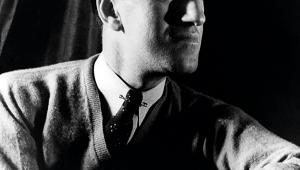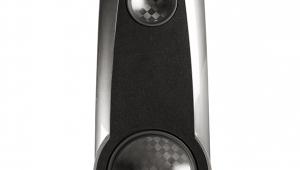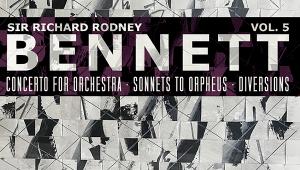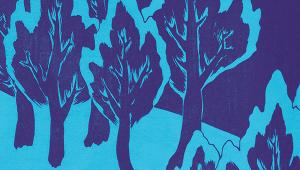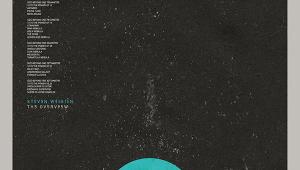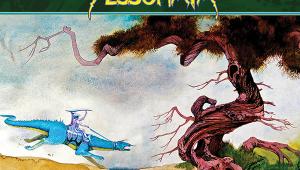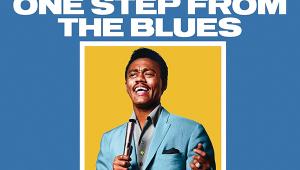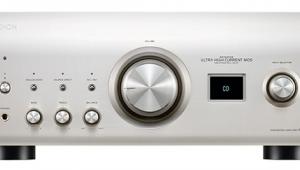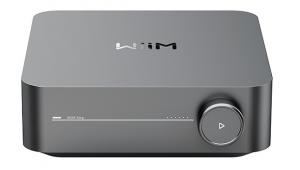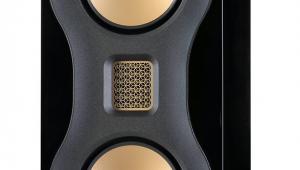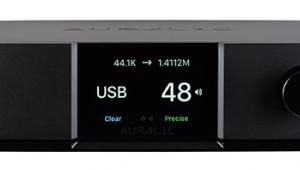Olympic Studios Page 2
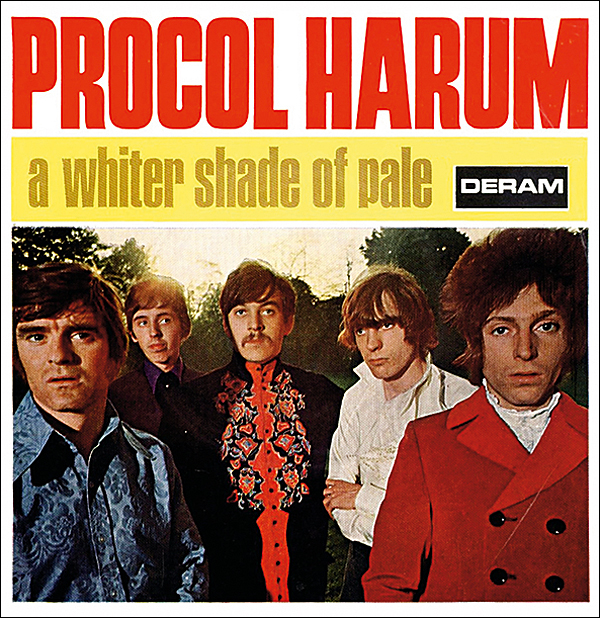
It's A Wrap
One of the new Olympic's main attractions was another Dick Swettenham invention, a 24-input 'wrap-around' console, which utilised Lustraphone transformers and germanium transistors. Grant recalled its genesis: 'The problem with most desks is that if you want to do some things, you've got to stand up, go tweakle, tweakle, tweakle, and then sit down again. I'm basically sedentary, which is a posh word for being lazy! But if you're adjusting an EQ, you want to adjust it from where you're sitting. You don't want to be standing up and moving forward into the sound pitch while adjusting the EQ, because when you sit down it sounds different. So we designed the desk so everything was in your hands and you didn't have to move your head more than necessary'.
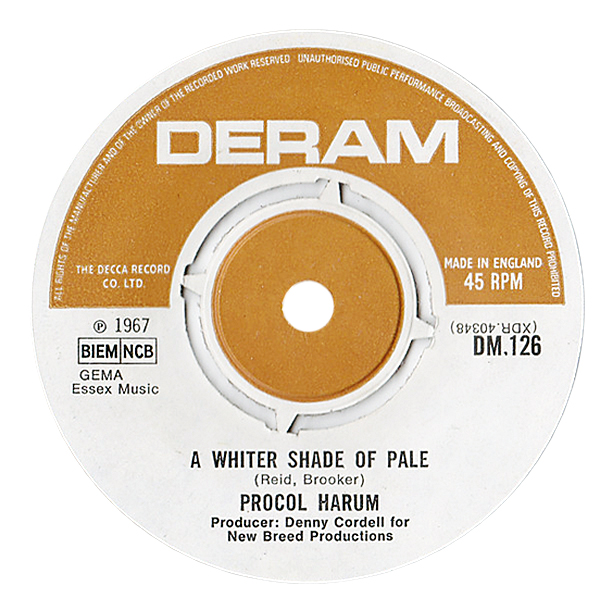
Steel The Noise
Within a couple of years, a remix room (which would later become Studio Three) and a second studio had been added to the complex, both fitted with 'Olympic' desks hand-built by Swettenham and his team in their basement workshop.
One problem was that Studio Two became popular with rock bands and the sound would bleed through the walls into Studio One where an orchestra might be trying to record.
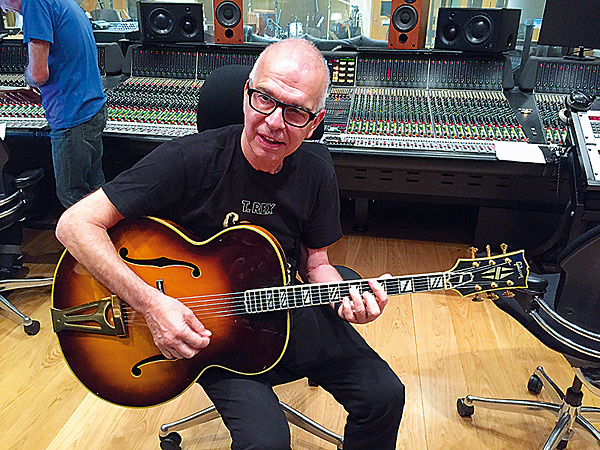
The solution was to rebuild the second studio as a floating box on rubber pads, created out of tons of steel and with air conditioning. Once the door was closed, the sound was sealed in. It opened in 1969, Mick Jagger designing the decor.
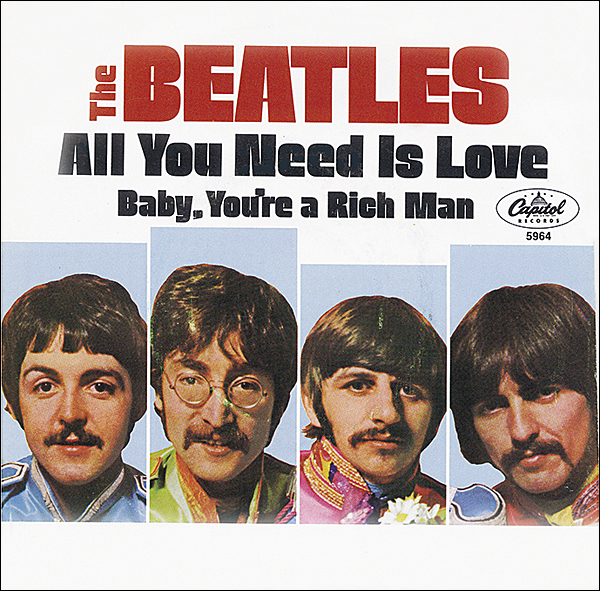
Swettenham quit around now to form his own console manufacturing company, Helios, but still continued to supply tech to Olympic and advice to the engineers. 'The camaraderie there was of the highest', recalled Grant. 'If you were needed to help somebody else, it wasn't a question of, "Oh, that's not my job!". We'd all get stuck in. It worked like that right across the board… We all were equal and nobody was actually in charge. You knew what you had to do and you did it. The arrangement worked and it was fabulous… The bands loved it…
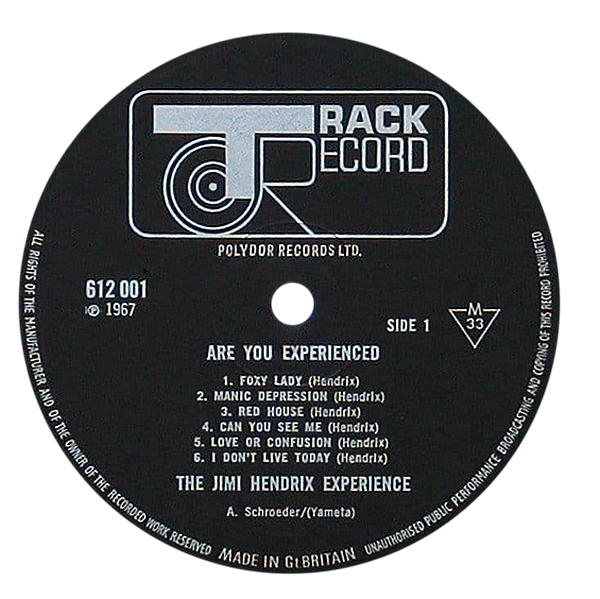
'Keith Richards would come and play on somebody else's record and Mick Jagger and John Lennon would turn up and do something. Lennon's Rolls Royce would often be outside, even though he wasn't working. They used the place as a floating nightclub base. From one o'clock in the morning, there could be anybody in there. They'd turn up to hang out and then get involved in each other's sessions.'
In May 1967 The Beatles had taken a break from their regular haunt, Abbey Road Studios, and had recorded 'Baby, You're A Rich Man' at Olympic. They'd enjoyed the experience and returned to work up 'All You Need Is Love', 'Something' and 'You Never Give Me Your Money'. Paul McCartney and John Lennon then joined in with The Rolling Stones when they did their cheeky 'We Love You', their repost to the infamous Redlands drugs bust.
As already mentioned, Olympic was the favoured studio of Hendrix and it was here he produced his classic Are You Experienced, Axis: Bold As Love and Electric Ladyland albums. In keeping with the vibe at Olympic, Traffic's Dave Mason and The Stones' Brian Jones both lent a hand in the jam that led to Hendrix's celestial rendering of Bob Dylan's 'All Along The Watchtower'.
Other Olympic regulars were Led Zeppelin who used the facilities for the consecutive series of awesome albums beginning with their debut in 1969, through II, III, IV, Houses Of The Holy and Physical Graffiti. The Who, too, favoured recording at the facility in Barnes, doing Who's Next there in '71, followed by Quadrophenia and Who Are You.
Glory Days
We'd need a special supplement to document all the amazing albums wholly or partially recorded at Olympic, but here are a few to be going on with: Buzzcocks' Another Music..., David Bowie's Diamond Dogs, Deep Purple's Fireball, The Eagles' debut, The Faces' A Nod's As Good…, Hawkwind's In Search Of Space [see p82], Jethro Tull's Stand Up, Queen's A Night At The Opera and The Verve's Urban Hymns.
With recording studios generally on the downturn, Olympic was sold in 1987 to Virgin and it became EMI's when it took over Branson's label. Madonna, Adele, Oasis, Arctic Monkeys… the artists continued to arrive but 2009 saw Olympic closed, only to reopen in 2013, returning to its previous use as a cinema though it still retains a small studio in the basement, its glory days celebrated by a display of memorabilia.
